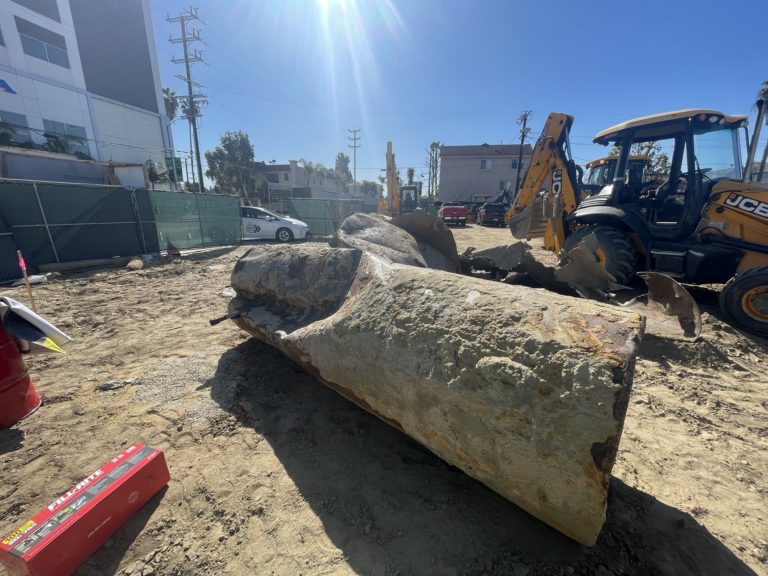Runoff (R)
The term “Runoff” (R) in hydrogeology and geology refers to the part of rainfall which accumulates on the ground surface and naturally forms into flowing streams.
The term “Runoff” (R) in hydrogeology and geology refers to the part of rainfall which accumulates on the ground surface and naturally forms into flowing streams.

Underground Storage Tank (UST) Underground Storage Tank (UST): An underground storage tank (UST) is a confined container occupying any volume of space within the subsurface, for the purposes of storing liquid. Underground tanks typically support commercial and residential services and have filling ports, ventilation pipes, and connecting product pipelines. Underground storage tanks (USTs) come in different…

Potentiometric Surface The term “Potentiometric Surface” means the hydrogeological surface that represents the total hydraulic head of groundwater from a confined aquifer or semi-confined aquifer that’s under pressure. The Potentiometric Surface of an aquifer is defined by the level to which water will rise in a groundwater monitoring well (that’s exclusively screened within said aquifer).

Regression Regression: In geology, regression is the formation of a specific sequence of sedimentary and metamorphic layers, that are the result of ocean water withdrawing from the land. To illustrate, when regression occurs over millions of years, geologists find a layer of limestone, overlain by shale, and overlain again by limestone. The opposite of regression is…

U-Shaped Kitchen U-Shaped Kitchen: A U-shaped kitchen, or a horseshoe kitchen, is a general kitchen plan layout with counters, walls, and cabinets that generally form a square-like or rectangular-like shape of the letter “u.” In the State of California (and other states with similar building code standards), U-shaped kitchens must have a minimum of 60-inches…

Total Petroleum Hydrocarbons (TPH) Total Petroleum Hydrocarbons (TPH): The term “Total Petroleum Hydrocarbons” represents the complete carbon chain of hydrocarbon compounds that originate from petroleum. In general there are three ranges of TPH: Gasoline Range Total Petroleum Hydrocarbons (TPH-g); Diesel Range Total Petroleum Hydrocarbons (TPH-d); and Oil Range Total Petroleum Hydrocarbons (TPH-o). Gasoline range TPH represents the…

Dip-Slip Fault Dip-Slip Fault: In geology, a dip-slip fault is any fault in which the earth’s movement is parallel with the dip of the fault plane. For example, a normal fault, reverse fault, or listric fault. The opposite of a dip-slip fault is a strike-slip fault.